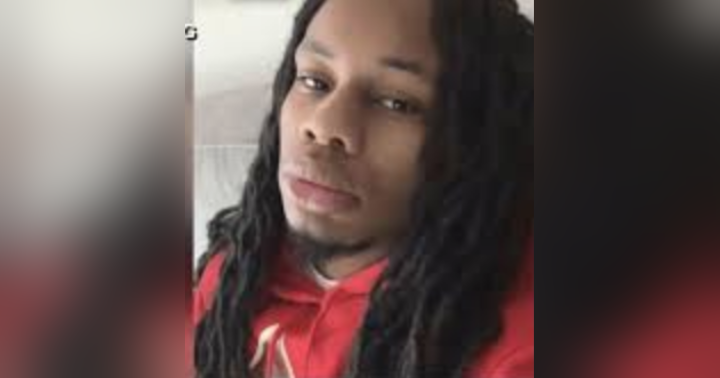Celebrity Scandals and the Media's Responsibility: Lessons from Diddy's Leaked Recordings

In the age of social media and 24-hour news cycles, celebrity scandals have become a staple in our daily media consumption. From leaked recordings to public meltdowns, the media plays a pivotal role in shaping public perception of these events. However, this power comes with significant ethical responsibilities.
The Power and Responsibility of the Media in Reporting Celebrity Scandals
The media holds immense power in shaping public opinion. When reporting on celebrity scandals, outlets have a responsibility to do so in an accurate, fair, and unbiased manner. However, the pursuit of sensational headlines and scoops can often lead to ethical breaches.
Sensationalism and the Erosion of Public Discourse
The media's focus on sensationalism has contributed to the erosion of public discourse. By emphasizing salacious details and personal gossip, outlets distract from the underlying issues and perpetuate harmful stereotypes.
Lessons from the Diddy Leaked Recordings
The recent leak of Diddy's recordings, which involved private conversations with celebrities such as Beyonce and Jay Z, demonstrates the dangers of unchecked media reporting. The unauthorized release and widespread dissemination of these recordings raised questions about the ethics of privacy, consent, and the responsibility of the media.
Ethical Guidelines for Media Outlets
To ensure responsible and ethical reporting, media outlets should adhere to certain guidelines:
- Respect privacy and obtain consent before publishing personal information.
- Provide context and avoid sensationalizing events.
- Consider the potential impact of reporting on the individuals involved.
- Hold themselves accountable for inaccuracies or biases.
Striking a Balance: Respecting Privacy vs. Informing the Public
While it is essential to respect the privacy of individuals, the media also has a responsibility to inform the public about matters of public interest. Finding a balance between these competing interests is a complex task that requires careful consideration.
Conclusion
Celebrity scandals are an inevitable aspect of public life, but the media's role in reporting on them should be subject to ethical scrutiny. By adhering to responsible guidelines and considering the potential consequences of their actions, outlets can play a positive role in public discourse without compromising the privacy and dignity of individuals. For an in-depth analysis of the ethical implications surrounding the Diddy leaked recordings, listen to our podcast episode on the subject.


















